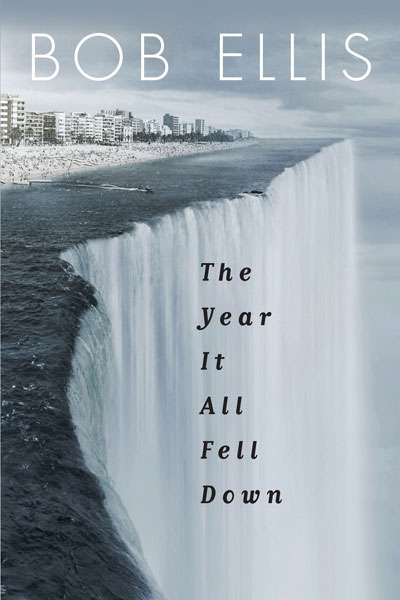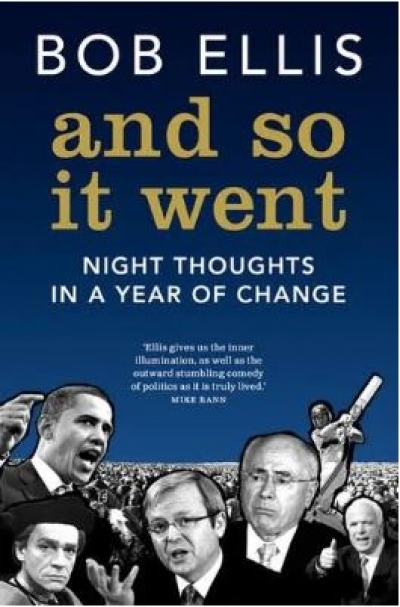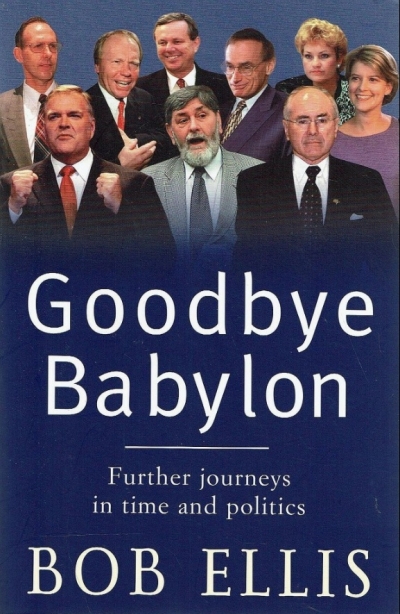Bob Ellis
Bob Ellis: In his own words by Bob Ellis, compiled by Anne Brooksbank
by Jan McGuinness •
And So It Went: Night thoughts in a year of change by Bob Ellis
by John Byron •
George Munster reviews 'The Things We Did Last Summer' by Bob Ellis, '31 Days to Power' by Robert Haupt with Michelle Grattan, 'Time of Testing' by Craig McGregor, and 'Gamble for Power' by Anne Summers
by George Munster •
‘In fifty years’ time,’ Robert Haupt and Michelle Grattan write in 31 Days to Power. ‘historians will look at the 1983 elections, see that inflation, unemployment and interest rates were at high levels compared to the past, and conclude that Fraser could never have won’.
... (read more)




